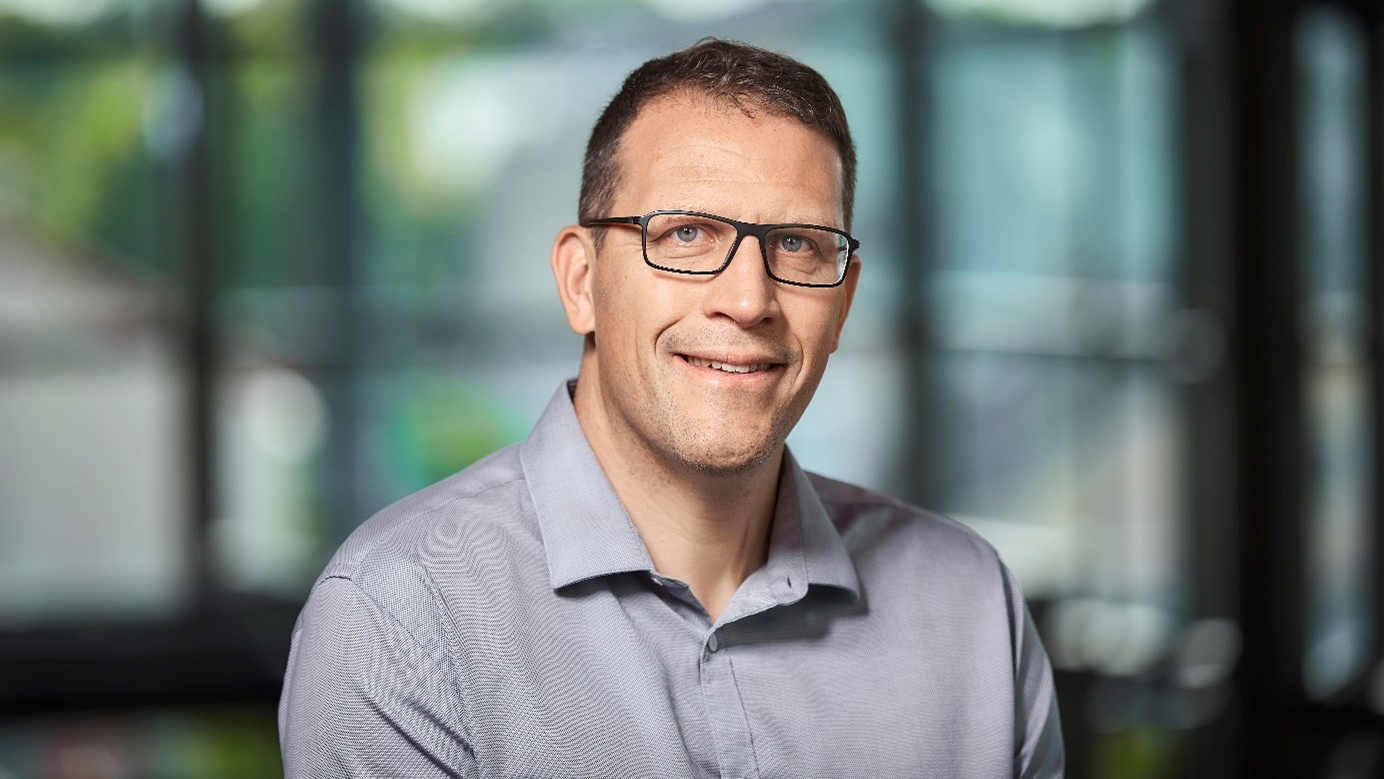Samuel Loyson, Head of Smart Metering at SUEZ, addressed industry experts and guests at the recently concluded Global Smart Water Metering Conference earlier this year in London.
Loyson shared his insights and expertise on the transformative capabilities of smart meters, highlighting SUEZ as a global leader in smart metering solutions and other smart city-related services.
With over 6 million smart meters deployed worldwide, SUEZ say they’re committed to becoming a trusted partner for circular solutions in water and waste management. The company has experience in implementing smart meters for utilities across the globe, including successful ventures in Australia, Macau, and Singapore.
“SUEZ has 15 years of experience in this area, having started deployment in Paris in 2007. Currently, over 50% of our smart meters are employed outside of SUEZ operations,” said Samuel, during his presentation on the topic of “Data Analytics for Water Saving and Operational Excellence: Enhancing Smart Metering Data to Create Value-Added Services”.
In his presentation, Samuel highlighted not only the benefits of smart metering but also the huge advantages of having advanced data analytics along with it. He emphasized the importance of having the three ‘basics’ of smart metering – improvement of customer relationship, enhancement of network performance, and income security.
“Having a daily insight into the water consumption of consumers is an opportunity to better interact with customers,” he said. Transparent billing practices, leak alerts, and the elimination of home meter reading disruptions are other plus points to improving customer relationship.
For utilities, smart metering enables accurate night consumption readings, faster detection of anomalies, as well as improved operational efficiency in the field. All this leads to the reduction of water losses caused by leaks, and limits rebates and customer disputes or complaints.
Samuel added that smart metering can detect frauds, such as tampering, substitution, or deliberate false meter readings. “Smart metering is a good way to safeguard your income since you have a more detailed information of what’s going on,” he said.
“Through the integration of smart metering and data analytics, utilities can get a detailed view on leak reduction strategies and reduce their environmental footprint by 30%,” he added.
According to Samuel, smart metering systems are good at identifying distinct types of water usage – standard or usual, unusual, and leakages. “We don’t just say it’s a leak, we can identify how big it is and how much is being wasted so users will realise how much water is being lost,” he said.
One of the most important insights of advanced data analytics is that it allows their customers to better understand their consumption habits and its resulting cost, even down to the shower usage in a household!
“Shower head efficiency and customer habits can have a huge impact on water consumption,” says Samuel, adding that an average showerhead can use up to 48 litres of water for a six-minute shower. A 10-minute shower using a ‘guzzling’ showerhead will consume a whopping 120 litres, while a four-minute shower using an ‘eco showerhead’ uses up a mere 24 litres.
Now, if you factor in hot water usage to that, Samuel revealed that a household could use up to 40%-50% of its total hot water consumption, which equates to around 20%-30% of the overall energy bill.
Samuel said the same principles can be applied globally by looking at the water consumption trends in a certain geographical area, understanding the implications, and taking concrete actions to reduce water consumption.
“The great thing about these data is the more you learn, the more you can adjust. You can measure the impact of every action taken and learn, and improve continuously,” he added.



